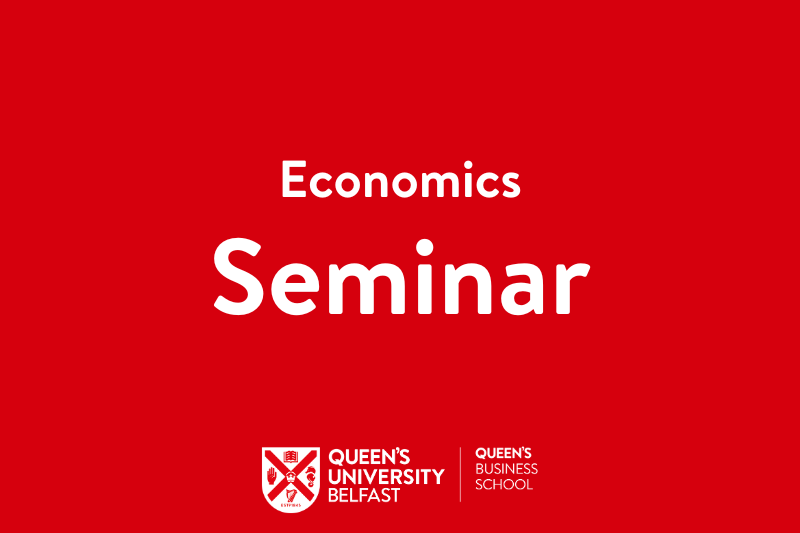- Date(s)
- September 26, 2025
- Location
- QBS Conference Hub, Seminar Room 01.012
- Time
- 15:00 - 16:30
QUEEN'S UNIVERSITY CENTRE FOR ECONOMIC HISTORY (QUCEH) SEMINAR
Friday 26th September
3pm
"Unpopular Reforms, Social Unrest and Grassroots Political Movements"
Abstract
Perceived economic injustices are often met with popular resistance. But how does discontent transform into concrete demands that “trickle up” to the topmost levels of politics? To study this question, we turn to a key inflection point in British history which allows us to explore the relationships between unpopular reform and subsequent political change and to unpack the causal pathway from initial sporadic resistance to more coherent policy agendas. Our setting is one of highly unpopular welfare reform under the New Poor Law of 1834, which was met with fierce opposition. Combining data on the precise timing and severity of local implementations of the New Poor Law and novel measures of social unrest, we use a staggered difference-in-differences design to show that the New Poor Law generated sporadic unrest as well as more measured and coordinated resistance in local anti-Poor Law committees and meetings. To what extent can the roots of subsequent working-class political mobilisation be traced to this original eruption of popular protest? To answer this question, we turn to the rise of Chartism. With data on Chartist meetings and votes by MPs to hear the Chartist petition in Parliament, we show that localities which mobilised more strongly in opposition to the New Poor Law held more such meetings and were more likely to have MPs favourable to the Chartist cause.
University of Birmingham
QBS Conference Hub, Seminar Room 01.012

